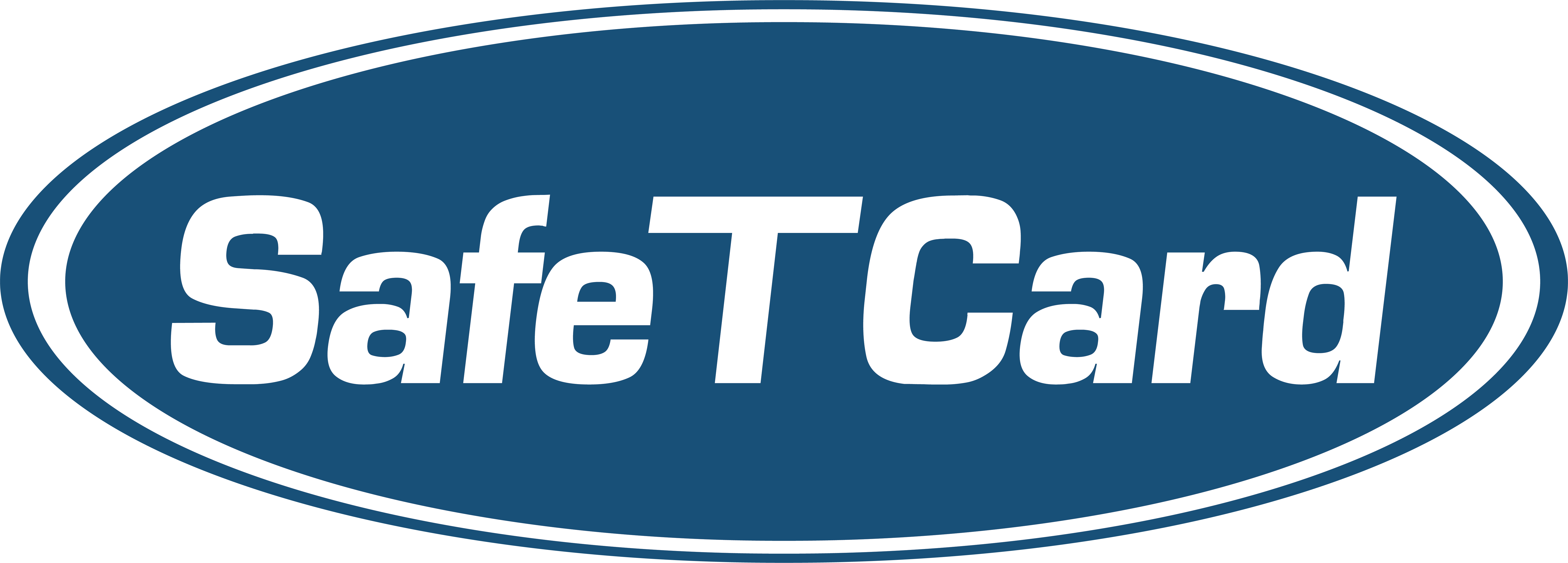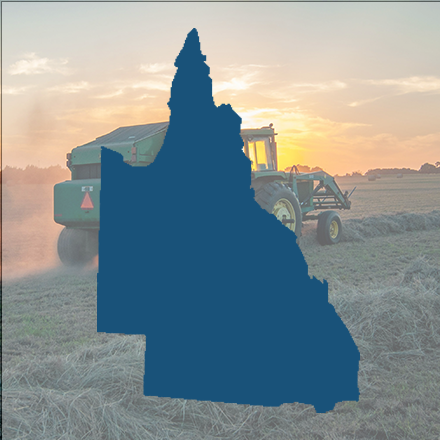Protecting lone workers in the Northern Territory is a vital responsibility for employers, governed by specific legislative requirements. SafeTCard offers advanced safety solutions to help businesses comply with these laws and ensure the safety of their employees.
Northern Territory Work Health and Safety Legislation
The Work Health and Safety (National Uniform Legislation) Act 2011 and WHS Regulations 2012 provide the legal framework for workplace safety in the Northern Territory. These laws mandate that employers must provide a safe working environment for all employees, including those working alone. Key components include:
- Duty of care: Employers are required to ensure the health and safety of their employees, implementing necessary measures to protect lone workers.
- Risk management: Employers must conduct regular and thorough risk assessments to identify potential hazards that lone workers may face and take steps to mitigate these risks.
- Monitoring and communication: Effective systems must be in place to monitor lone workers and maintain communication, ensuring their safety and quick response in emergencies.
———————————
WORK HEALTH AND SAFETY (NATIONAL UNIFORM LEGISLATION) ACT 2011
Division 2 – Primary duty of care
19 – Primary duty of care
(1) A person conducting a business or undertaking must ensure, so far as is reasonably practicable, the health and safety of:
(a) workers engaged, or caused to be engaged, by the person; and
(b) workers whose activities in carrying out work are influenced or directed by the person; while the workers are at work in the business or undertaking.
(2) A person conducting a business or undertaking must ensure, so far as is reasonably practicable, that the health and safety of other persons is not put at risk from work carried out as part of the conduct of the business or undertaking.
(3) Without limiting subsections (1) and (2), a person conducting a business or undertaking must ensure, so far as is reasonably practicable:
(a) the provision and maintenance of a work environment without risks to health and safety; and
(b) the provision and maintenance of safe plant and structures; and
(c) the provision and maintenance of safe systems of work; and
(d) the safe use, handling and storage of plant, structures and substances; and
(e) the provision of adequate facilities for the welfare at work of workers in carrying out work for the business or undertaking, including ensuring access to those facilities; and
(f) the provision of any information, training, instruction or supervision that is necessary to protect all persons from risks to their health and safety arising from work carried out as part of the conduct of the business or undertaking; and
(g) that the health of workers and the conditions at the workplace are monitored for the purpose of preventing illness or injury of workers arising from the conduct of the business or undertaking.
WORK HEALTH AND SAFETY (NATIONAL UNIFORM LEGISLATION) REGULATIONS 2011
Division 2 – General working environment
40 – Duty in relation to general workplace facilities
A person conducting a business or undertaking at a workplace must ensure, so far as is reasonably practicable, the following:
(a) the layout of the workplace allows, and the workplace is maintained so as to allow, for persons to enter and exit and to move about without risk to health and safety, both under normal working conditions and in an emergency;
(b) work areas have space for work to be carried out without risk to health and safety;
(c) floors and other surfaces are designed, installed and maintained to allow work to be carried out without risk to health and safety;
(d) lighting enables:
(i) each worker to carry out work without risk to health and safety; and
(ii) persons to move within the workplace without risk to health and safety; and
(iii) safe evacuation in an emergency;
(e) ventilation enables workers to carry out work without risk to health and safety;
(f) workers carrying out work in extremes of heat or cold are able to carry out work without risk to health and safety;
(g) work in relation to or near essential services does not give rise to a risk to the health and safety of persons at the workplace.
Maximum penalty:
(a) in the case of an individual – $6 000.
(b) in the case of a body corporate – $30,000.
——————————————–
WHSOLA Act 2024: Enhancing lone worker safety
In March 2024, significant updates were made to the Work Health and Safety (WHS) regulations, specifically targeting the safety of lone workers. The Work Health and Safety and Other Legislation Amendment Act 2024 (WHSOLA Act) introduces several key changes including:
- Prohibition on insurance for WHS penalties: Ensures that businesses cannot use insurance to cover fines related to work health and safety penalties, enhancing the deterrent effect of monetary penalties.
- Enhanced worker representation: Strengthens the role of Health and Safety Representatives (HSRs) and clarifies the rights and responsibilities of WHS entry permit holders.
- Updated compliance requirements: Introduces stricter guidelines for risk management and incident reporting. Employers must maintain comprehensive records of safety measures and incidents, implement effective risk management strategies, and regularly review and update their safety protocols.
These changes have now been incorporated into Northern Territory legislation.
Specific requirements for lone workers
Employers in the Northern Territory must take proactive steps to manage the risks associated with lone working:
- Identify hazards: Conduct comprehensive assessments to identify specific risks lone workers might encounter, such as isolation, lack of immediate assistance, or exposure to hazardous conditions.
- Implement control measures: Establish and enforce procedures and safety measures to control identified risks, including the use of personal safety devices and regular check-ins.
- Provide Training: Ensure lone workers are adequately trained to handle emergency situations and use safety equipment effectively.
How SafeTCard solutions align with Northern Territory legislation
SafeTCard provides advanced safety solutions designed to meet and exceed the legislative requirements in the Northern Territory, ensuring your business remains compliant while offering robust protection for your lone workers.
- Detailed risk assessments: SafeTCard’s devices and systems facilitate thorough risk assessments, helping you identify and address potential hazards.
- Real-time monitoring upon activation: Our GPS-enabled devices ensure that the location of lone workers is always known, allowing for quick responses in emergencies.
- Emergency alerts: SafeTCard’s solutions include emergency alert systems that enable lone workers to call for help instantly, ensuring timely assistance.
Read more:
- Lone worker safety in Victoria
- Protecting lone workers in Western Australia
- How To Choose The Right Safety Device For Lone Workers
Benefits of using SafeTCard
- Compliance: SafeTCard’s solutions help businesses comply with the Northern Territory’s WHS laws, avoiding potential fines and legal issues.
- Enhanced safety: With real-time monitoring and immediate alert capabilities, SafeTCard significantly improves the safety of lone workers.
- Peace of mind: Employers and employees alike can have peace of mind knowing that SafeTCard provides robust protection and support.
Taking the next step
To ensure your business complies with the Northern Territory’s lone worker safety legislation and effectively protects your employees, consider integrating SafeTCard’s comprehensive safety solutions. Our team of experts is ready to assist you in selecting and implementing the right products to meet your needs.
For more information and to explore our range of safety solutions, contact us today. Together, we can create a safer working environment for all lone workers.




